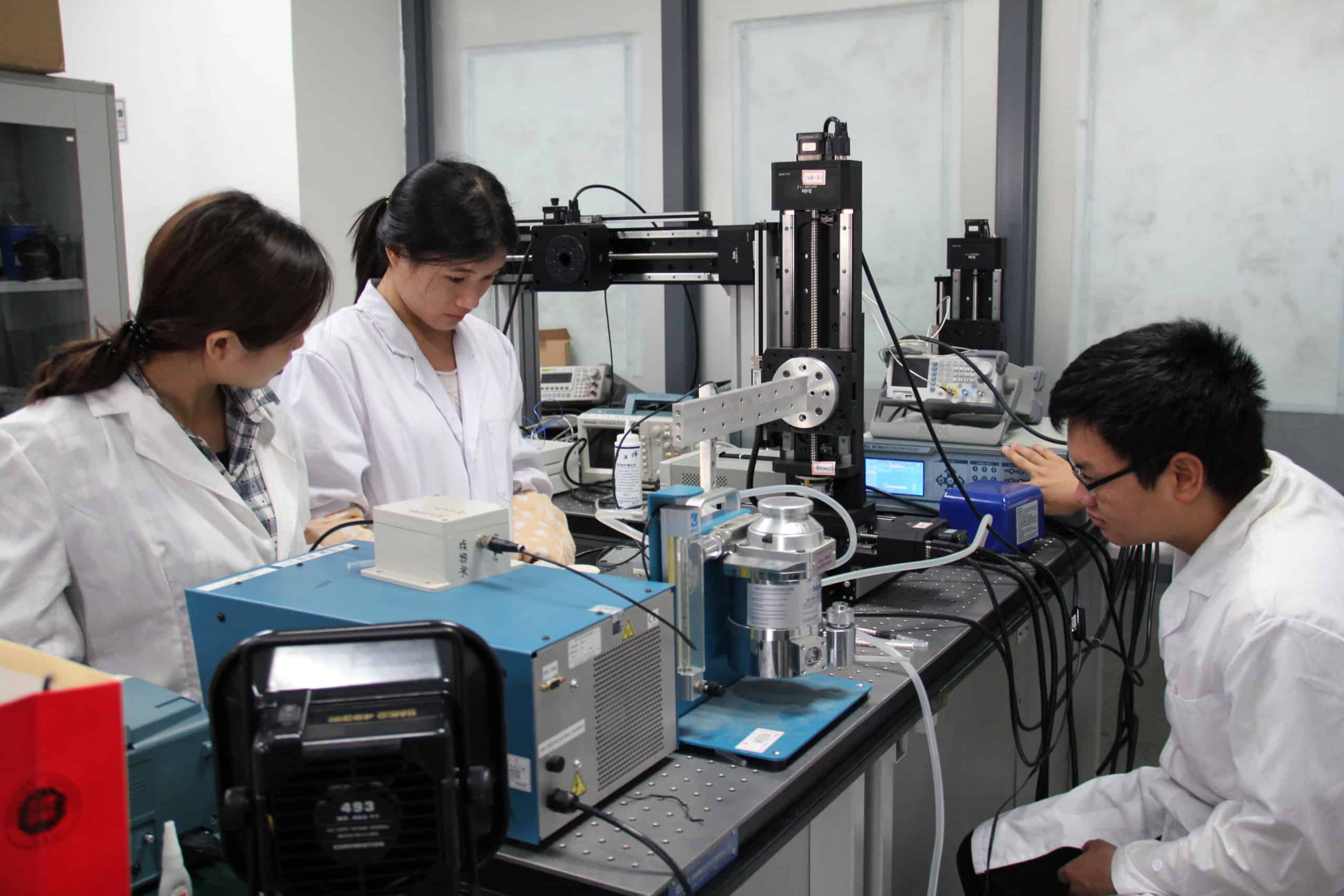China’s leaders say that science, technology, and innovation will make China strong, and they have devoted jaw-dropping sums to recruit scientists and build new research facilities. At the same time, the West receives growing numbers of reports about China’s rising scientific and technological power, and even about what might be done to halt its rise. But how much is really known about the changes and scale of scientific research in China?
There are many statistics to alarm people weary o
Subscribe or login to read the rest.
Subscribers get full access to:
- Exclusive longform investigative journalism, Q&As, news and analysis, and data on Chinese business elites and corporations. We publish China scoops you won't find anywhere else.
- A weekly curated reading list on China from Andrew Peaple.
- A daily roundup of China finance, business and economics headlines.
We offer discounts for groups, institutions and students. Go to our
Subscriptions page for details.
Includes images from Depositphotos.com


